The Brave Series: Laidlaw Scholar Stories - Andrew Edginton
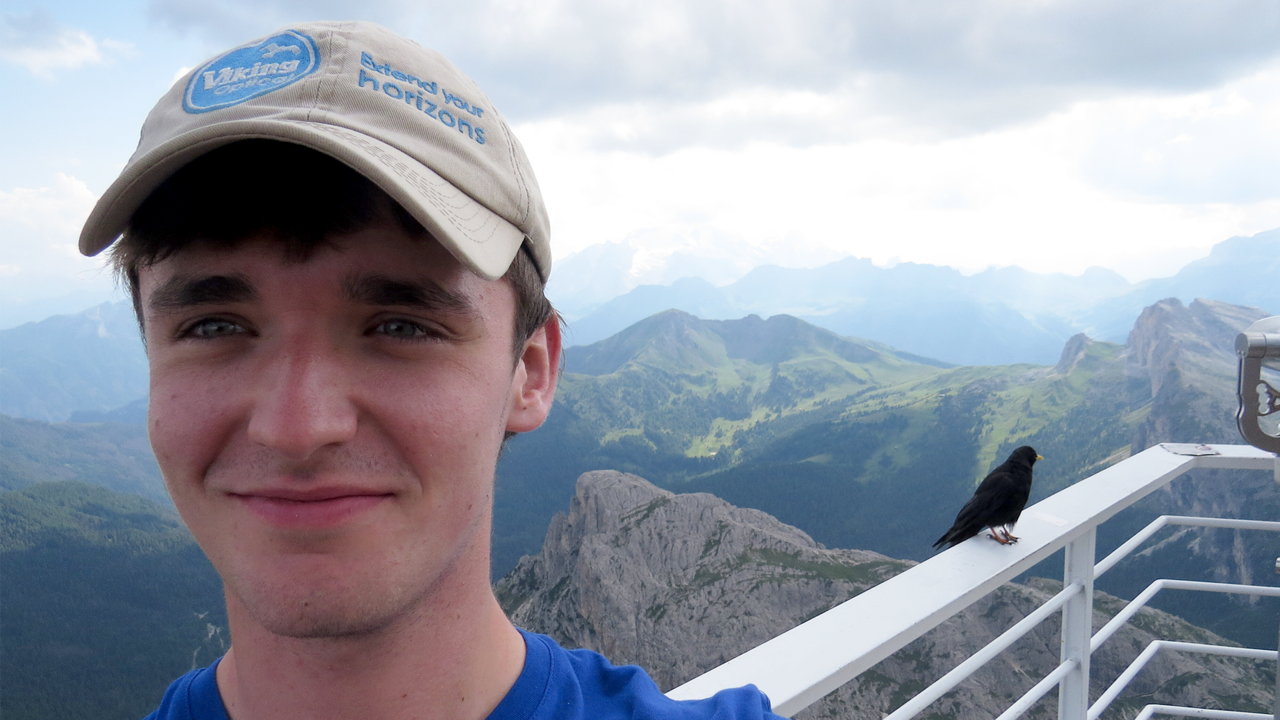
As the Laidlaw Global Conferences approach, scholars worldwide are sharing what it means to embody the Laidlaw value of brave in leadership and research. In a world that demands bold solutions to complex challenges, these reflections reveal how courage shapes not just individual journeys, but entire communities of change-makers who dare to step beyond their comfort zones.
@Andrew Edginton , a student at the @University of St Andrews, has reflected on two powerful dimensions of brave leadership: the personal courage that defines our scholarly paths, and the future-facing bravery that inspires others to pursue their boldest ideas. Through his experiences, Andrew explores how embracing uncertainty can lead to the most transformative moments of leadership and growth.
Andrew Edginton's Journey: When Fear Meets Purpose in Tanzania
For me, bravery takes me straight to my LiA summer where I worked with an NGO called Attraction Birds Conservation (ABC), whose mission is to promote environmental education and bird conservation while supporting young people in Tanzania. After taking my first flight just a year earlier, I never imagined I’d soon be taking an international one. I was anxious—facing a stark cultural difference and relying only on a few brief messages for reassurance. After months of unsuccessful attempts to secure a visa, I left without knowing if I would even be allowed entry. I boarded the plane with no certainty of what awaited me.
After an arduous journey and a three-hour wait in the airport terminal, everything was resolved and I was taken into suburban Tanzania. Upon arrival I was introduced to the classroom, and the next day I was teaching. I didn’t know my volunteering would centre on teaching, so this came as a shock as I hadn’t prepared for it. But being thrown into the deep end meant I had no time to overthink. I quickly realised the programme lacked structure and designed a six-week syllabus covering basic physics, biology and chemistry. For many students, it was their first exposure to concepts like evolution, and I felt the weight of education as empowerment.
The greater challenge, though, was recognising ABC’s financial situation. Their work—taking young people off the streets and giving them skills to gain employment—was severely limited by funding. I stepped up, despite never having done this sort of work before. I cold-messaged organisations, applied for grants, and raised money through a GoFundMe campaign. Each step meant doing something unfamiliar. The turning point came at the end of my six weeks, when I met with a safari company director. By the end of our conversation, they agreed to initiate a birdwatching tour business with ABC, employing their members as guides and create long-term financial stability.
Looking back, the bravery wasn’t just in boarding that first flight. It was in facing each uncertain moment and acting anyway. My advice to anyone afraid of pursuing a bold idea is this: don’t wait for fear to vanish. Fear means you’re standing on the edge of something important. Take the first step—you may be surprised by how much you can handle once you’re in the middle, and how risks often lead to the greatest success.
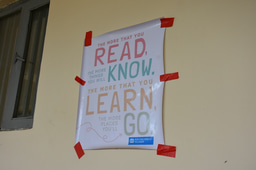
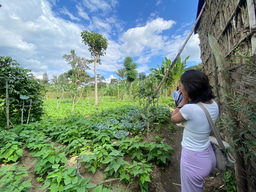
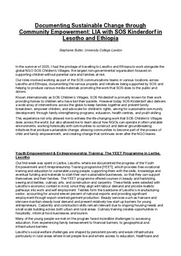
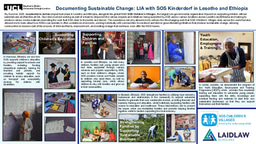
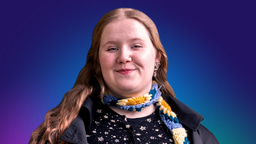
Please sign in
If you are a registered user on Laidlaw Scholars Network, please sign in